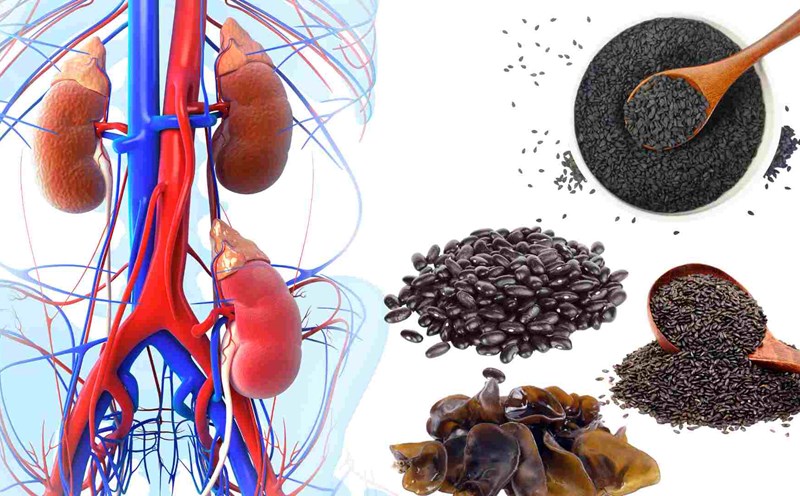1. Drink calcium with meals
This is the most important principle. When you drink calcium during or immediately after a meal, the amount of calcium will combine with the oxalate in the food and be excreted by the digestive tract. Thanks to that, oxalate does not go to the kidneys, helping to reduce the risk of stone formation.
2. Do not take more than 500mg at a time
The body only absorbs a maximum of about 500mg of calcium in one drink. If you take a higher dose, the excess will not be absorbed completely, which can increase calcium levels in the urine and cause stones. Therefore, you should divide the amount of calcium needed during the day into two times, for example, after breakfast and after lunch.
3. Prioritize calcium from food
Milk, yogurt, cheese and green leafy vegetables are very good sources of natural calcium. Calcium from food is easily absorbed and causes less risk of stones than tablets.
Supplements should only be taken when the diet does not provide enough daily needs, and at that time, they still need to be taken at the right time with the meal.
4. Avoid taking calcium at the same time as some medications
Calcium can reduce the absorption of iron, zinc and some other drugs such as thyroid drugs, antibiotics. If you are taking these drugs, take them at least two hours apart to avoid interaction that reduces effectiveness.
5. Drink enough water and limit salt
Drinking enough water every day (about 2.5 to 3 liters) helps dilute urine, reducing the possibility of stone crystallization. In addition, you should reduce the amount of salt in your diet because salt increases calcium excretion through the kidneys, thereby making it easier to form stones.










